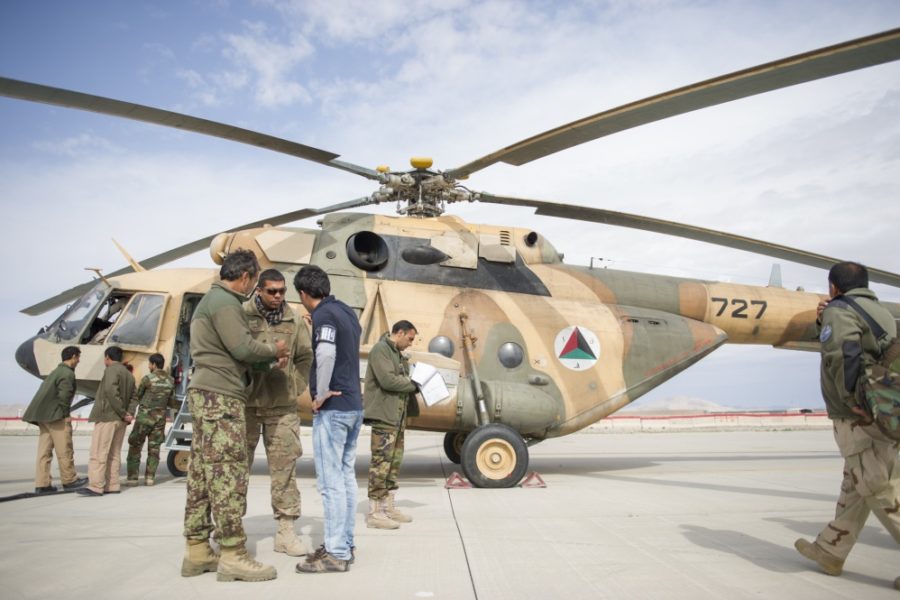The Pentagon will honor a request from the State Department to initially house at least 2,500 Afghan interpreters and family members at Fort Lee, Va., to escape possible retribution from the Taliban.
The 700 Afghan former coalition employees and their family members may stay at Fort Lee for a “few days” for final processing, including medical examinations, before they relocate under special immigrant visas, the Defense Department announced July 19.
The flood of tens of thousands of so-called SIV applicants has overburdened the State Department in recent months and led to outcries by lawmakers demanding that the Biden administration act.
Pentagon spokesperson John F. Kirby told Air Force Magazine the Defense Department is not planning to use military aircraft for the transfer of immigrants at this time, and planning is in the works to potentially house tens of thousands more Afghans at military facilities globally.
“There’s no request for the use of military aircraft for the transportation of these individuals,” he said. “We’re mindful of the large number that are in the SIV program right now at various stages, and we have said all along that DOD will contribute to the interagency effort to help relocate.”
President Joe Biden promised to relocate Afghan interpreters and their family members in what the White House dubbed Operation Allies Refuge to be coordinated by the State Department.
White House spokesperson Jen Psaki has said the refugees would be out of the country before Biden’s planned complete U.S. withdraw on Aug. 31.
Biden said in July 8 comments that the interpreters, and others who helped U.S. forces during the war, were “vital” and that getting them out is necessary “so their families are not exposed to danger.”
It remains to be seen if the dwindling American footprint in Afghanistan will be enough to protect the remaining interpreters and their families, who face increased pressure from the Taliban.
“This is welcome news,” Florida Republican Rep. Mike Waltz told Air Force Magazine in a statement. “But we still need to see details on how the Biden administration will get SIV applicants and their families out from across Afghanistan now that we have no bases or military transportation.”
The former Afghanistan Green Beret has been a vocal critique of the Afghanistan withdrawal.
Afghan officials who spoke recently to Air Force Magazine on the condition of anonymity said that as the Taliban has taken rural territories, it has begun to restrict the rights of women and girls, a hallmark of Taliban rule before the American invasion in 2001.
The Taliban’s rapid advance, with a fighting force of 75,000, is believed to be measured to exact more negotiating power in the peace process with the Afghan central government, but analysts fear sharing governance is not in the Taliban’s plans.
A recent Pentagon announcement to donate dozens of new Blackhawk and other helicopters to support the 300,000-strong Afghan fighting force is intended to help Kabul shore up its strategic military advantage over the Taliban, which has no Air Force.
For now, the U.S. government has taken the first steps to protect a select number of Afghan civilians who helped the coalition over two decades.
“It goes back to our sincere responsibility that we feel to take care of these people who have taken care of us,” Kirby said. “We are helping facilitate their movement to resettlement, and that is what this is all about.”
